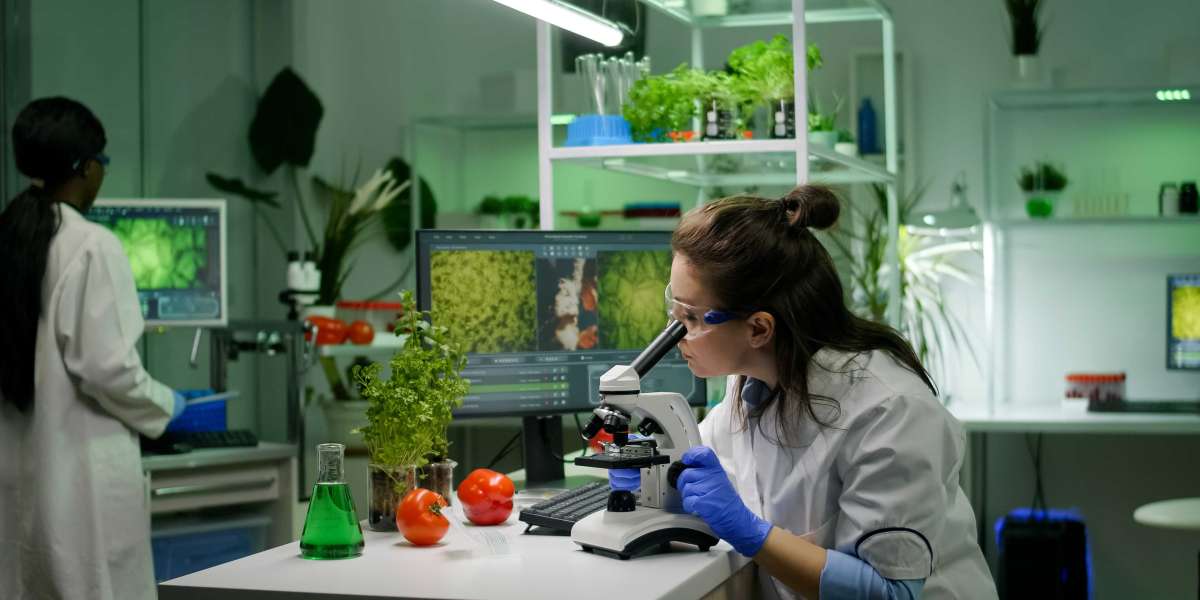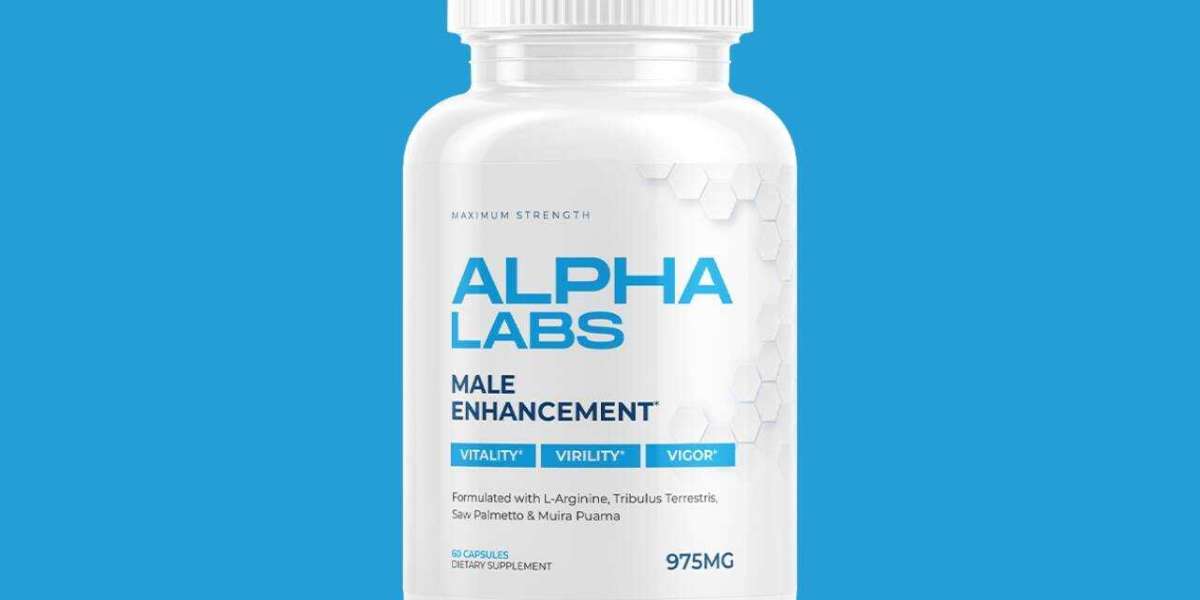Introduction
HACCP (Hazard Analysis and Critical Control Points) certification is a globally recognized food safety management system designed to prevent, eliminate, or reduce food safety hazards. It is essential for food businesses that want to maintain high safety standards and comply with regulatory requirements. This certification demonstrates a company’s commitment to ensuring food safety from production to consumption.
What is HACCP Certification?
HACCP certification is a systematic approach to identifying and controlling food safety hazards. It is based on seven core principles, including hazard analysis, identifying critical control points (CCPs), establishing critical limits, monitoring procedures, corrective actions, verification, and record-keeping. The certification process involves thorough inspections and audits to ensure a business adheres to these principles effectively.
Importance of HACCP Certification
Obtaining HACCP certification is crucial for businesses in the food industry as it helps to:
Prevent foodborne illnesses by controlling biological, chemical, and physical hazards.
Ensure compliance with national and international food safety regulations.
Enhance consumer trust and brand reputation by demonstrating commitment to food safety.
Improve operational efficiency by reducing risks of contamination and food recalls.
How to Obtain HACCP Certification
Businesses seeking HACCP certification must follow these key steps:
Develop a HACCP Plan: Identify potential hazards and establish control measures.
Implement HACCP Principles: Apply the seven HACCP principles to monitor and manage food safety risks.
Conduct Training: Ensure staff members are trained in food safety practices and HACCP protocols.
Undergo Audits and Assessments: A certified body will inspect and verify the implementation of the HACCP system.
Maintain Compliance: Continuously monitor and update HACCP procedures to meet evolving food safety standards.
Conclusion
HACCP certification is a vital asset for any food-related business striving to uphold food safety and regulatory compliance. By obtaining this certification, companies can protect consumers, build trust, and improve their operational processes. Investing in HACCP certification is not just about compliance—it is about ensuring food safety and quality at every stage of production and distribution.



